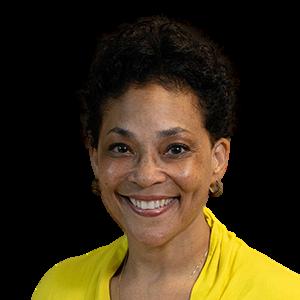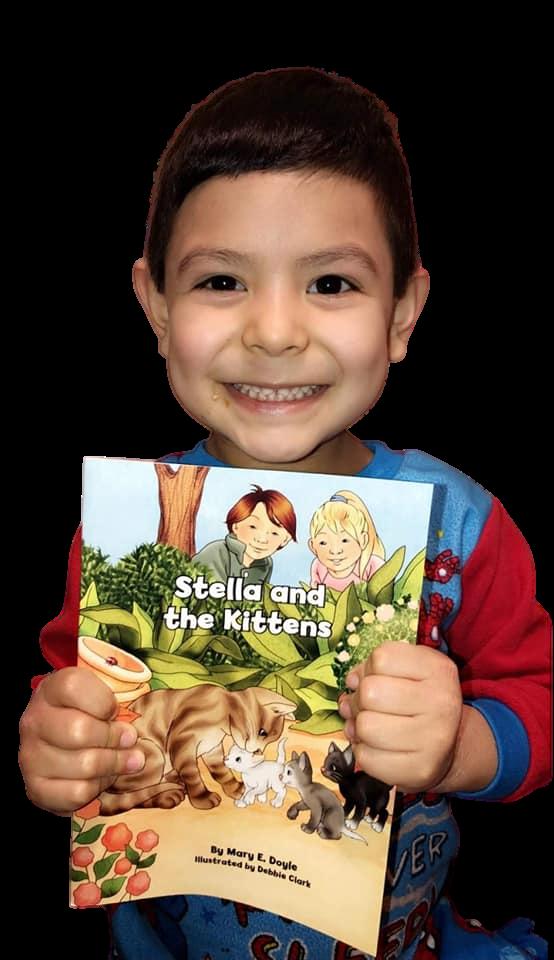
4 minute read
Highlights: Publication of Home Instruction for Parents of Preschool Children (HIPPY) USA
from Highlights: Publication of Home Instruction for Parents of Preschool Children (HIPPY) USA
by HIPPY USA
Recent Study Showcases HIPPY Success in Florida
Research continues to build the case for HIPPY's effectiveness
Advertisement
Tracy Payne, PhD.
Assistant Professor & Director Florida HIPPY Training & Technical Assistance Center Department of Child & Family Studies College of Behavioral and Community Sciences University of South Florida
Throughout the HIPPY network, we know the impact HIPPY has on parents and their effectiveness as their children's first and most important teacher—we see the success stories every day. Research has demonstrated how well HIPPY works in preparing children for academic success in elementary school and beyond . Recently HIPPY added yet more evidence to its arsenal , thanks to researchers at the Florida HIPPY Training and Technical Assistance (T&TA) Center at the University of South Florida.
Published in Early Childhood Research Quarterly this summer, Dr. Tracy Payne, in collaboration with colleagues Ruby Joseph, Svetlana Yampolskaya, and Angela Vatalaro, reported on the kindergarten readiness and first grade promotions of 730 students from districts across Florida who entered Kindergarten in the 2013-2014 academic year. Their research questions asked:
1.Does participating in a Florida HIPPY program increase the likelihood of children from low-income households passing the Florida
Kindergarten Readiness Screener? 2.Does participating in a Florida HIPPY program increase the likelihood of children from low-income households being promoted to the first grade?
To answer those two questions, the researchers used data from the Florida Department of Education to create a matched group of children who would be compared to the former HIPPY participants on five outcomes: likelihood of reading success, early childhood observation assessment system, kindergarten readiness, first grade promotions, and school attendance. The comparison group was created using a statistical method that assigns a score to each child based on a host of demographic qualities such as age, race, ethnicity, gender, county and poverty-status, then matches former HIPPY participants with nonparticipants with a matching score.
The results confirm what we’ve known from previous studies – that HIPPY works. Children who take part in our learning model are well-prepared for school when they've completed the curriculum. This research also provides data we did not have before. Previous research has been conducted in other countries and states, but these are the first outcomes from Florida. HIPPY is a successful model of parent engagement and children’s school readiness, and best of all, its replicable in any community.
In the CON ' la T: st R d E eca CE de, N T the r STU esearch r DY SH O ep W orts fo CASE cu S sed H I P on PY SUCCESS Latino populations while the study from Florida shows HIPPY is successful among a diverse population of families across twelve counties.
This is also the first of all HIPPY studies to quantify the effects of HIPPY on children. The researchers determined that former HIPPY participants were 1.67 times more likely than non-participants to test “Kindergarten Ready” and they were five times more likely to be promoted to the first grade. The research report disaggregates the findings by age, gender, and race-ethnicity.
"We've always known HIPPY was effective, but now we also know the degree to which it's effective, and we know that this is a program that can be replicated, " Dr. Payne stated. "One of the biggest problems that we have in educational research, in general, but especially in early childhood interventions, is finding effects by successful interventions after they’ve been taken to scale. Typically, as soon as you try to scale it up or out or move it someplace else, it loses its effects. But that's not true with HIPPY; it appears that this program is effective wherever it goes. "
"A child's success in school is not just about the childteacher relationship; it has to include the parent. However, I don't know that schools have learned how to successfully involve parents in that process, " Dr. Payne concludes. "HIPPY does that and teaches parents how to advocate for their children in meaningful ways and partner with teachers and schools as they have partnered with their home visitors. "
The researchers from USF are now looking at the 3rd grade outcomes of these same children to answer the question, “Can the effects of HIPPY be detected four years after the intervention ended?” Following that analysis, Dr. Payne says they would like to move past children’s outcomes and dig into research focused on the other levels of outcomes by HIPPY or the mechanisms by which it works.

The researchers determined that former HIPPY participants were 1.67 times more likely than non-participants to test “Kindergarten Ready” and they were five times more likely to be promoted to the first grade.
The national office is pleased to work with Dr. Payne and her staff at the Florida HIPPY T&TA Center where they serve as one of our university partners providing funding and T&TA to HIPPY programs across Florida.

